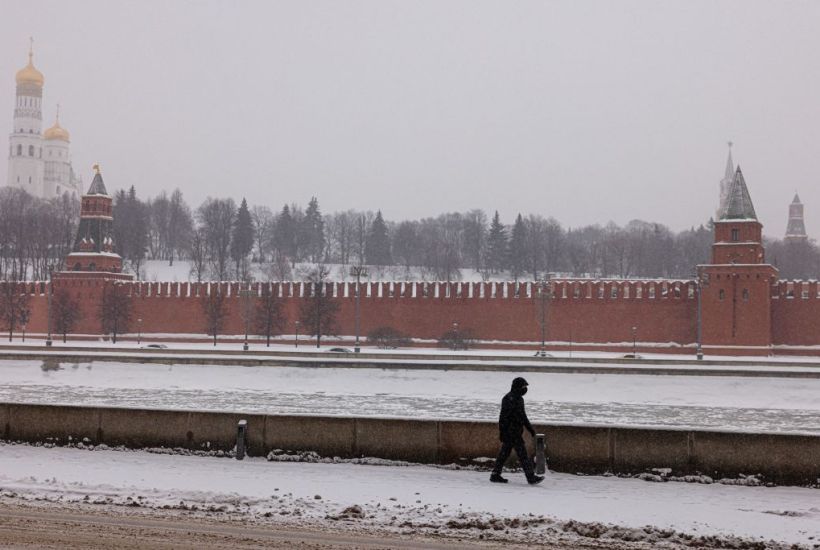What a difference 12 months makes. Last year, at the Ikea in Rostov-on-Don, South Russia, I splashed out on some especially good Christmas decorations. I had an eight-year-old, half-Russian daughter growing up in that city, and wanted a tree and lights that were made to last and could be brought out each December as a kind of ritual.
Already a subscriber? Log in
Subscribe for just $2 a week
Try a month of The Spectator Australia absolutely free and without commitment. Not only that but – if you choose to continue – you’ll pay just $2 a week for your first year.
- Unlimited access to spectator.com.au and app
- The weekly edition on the Spectator Australia app
- Spectator podcasts and newsletters
- Full access to spectator.co.uk
Or




















Comments
Don't miss out
Join the conversation with other Spectator Australia readers. Subscribe to leave a comment.
SUBSCRIBEAlready a subscriber? Log in